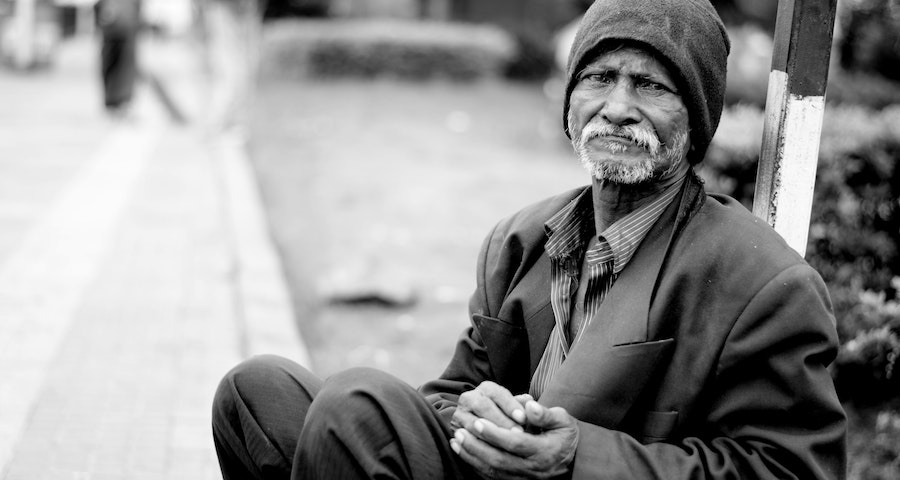
Being poor is one of the most challenging experiences that anyone can face. Despite living in a world where many people enjoy unprecedented prosperity, millions of individuals still struggle to make ends meet and provide for their families. Poverty is a complex problem that involves a wide range of economic, social, and personal factors that can be extremely difficult to overcome. In this blog post, we will explore some of the hard realities of being poor and offer some insights into what life is like for those who face these challenges every day.
Contents
Lack of Basic Necessities
When you are poor, access to necessities like food, shelter, and healthcare can be scarce. It is not uncommon for people in poverty to go hungry, struggle to find a safe place to live or be unable to pay for life-saving medication. Poverty can be a vicious circle where health problems lead to lost jobs, and lost jobs lead to further health problems.
Limited Opportunities
Being poor can limit a person’s opportunities in various ways. Children in low-income households are less likely to have access to quality education, which can affect their future job prospects. For their part, adults often struggle to find work that pays enough to make ends meet, and which may offer few opportunities for advancement. Long-term poverty can create a cycle of deprivation, which can be difficult to break.
Social Stigma
Many people who are poor experience social stigma, which can be just as damaging as financial hardship itself. Poor individuals often feel ashamed and marginalized, especially if they live in communities where affluence is the norm. Social stigma can dim the prospects of progress in every aspect of life, including job opportunities and personal relationships.
Lack of Support Systems
Living in poverty can restrict a person’s ability to build and maintain support systems of family and friends. This can create a sense of isolation, making it harder for people to access the types of resources which can help them improve their lives. A lack of support, combined with other challenges in life, can create a cycle of hopelessness.
Limited Access to Financial Services
Many people who live in poverty lack access to traditional financial services like banking, loans, and credit. This means that they may not have access to funds needed for essential expenses like housing repairs, transportation, or education. Living without financial support can limit opportunities, increase stress, and make progress towards a better life challenging.
Conclusion
Living in poverty is difficult, and it is more than just a lack of financial resources. It is also about limited social networks, restricted opportunities, and personal and social stigma.
With greater awareness and understanding of these challenges, communities can come together to support those in need, and the government can provide aid to help break the cycle of poverty.
Only then can people living in poverty have the chance to secure necessities, find meaningful work, and create a life of self-sufficiency.
